Jacqueline Mary du Pré, (26 January 1945 – 19 October 1987) was a British cellist. At a young age, she achieved enduring mainstream popularity. Despite her short career, she is regarded as one of the greatest cellists of all time.
Her career was cut short by multiple sclerosis, which forced her to stop performing at the age of 28. She battled the illness for a further 14 years until her death at the age of 42.
She was the subject of the 1998 biographical film, Hilary and Jackie, which attracted criticism for perceived inaccuracy and sensationalism.
In March 1961, at the age of 16, du Pré made her formal début at Wigmore Hall, London. She was accompanied by Ernest Lush, and played sonatas by Handel, Brahms, Debussy and Falla, and a solo cello suite by Bach. She made her concerto début on 21 March 1962 at the Royal Festival Hall playing the Elgar Cello Concerto with the BBC Symphony Orchestra under Rudolf Schwarz; repeating the Elgar at The Proms with the same orchestra on August 14 of the same year, under Sir Malcolm Sargent.
In September, 1962, du Pré débuted at the Edinburgh Festival with Brahms’ Second Cello Sonata, followed by débuts in Berlin in September and Paris in October, playing the Schumann Cello Concerto. After the Paris début, du Pré enrolled at the Conservatoire de Paris to study for six months with Paul Tortelier, the tuition paid by her final Suggia Award stipend, although she continued to refer to Pleeth as her primary teacher.
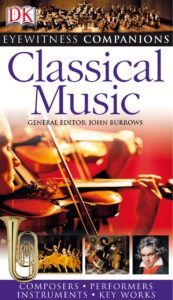
In 1963, du Pré performed at The Proms, playing the Elgar Concerto with Sir Malcolm Sargent. Her performance of the concerto proved so popular that she returned three years in succession to perform the work. At her 3 September 1964 Prom Concert, she performed the Elgar concerto as well as the world premiere of Priaulx Rainier‘s Cello Concerto. Du Pré became a favourite at the Proms, returning every year until 1969.
In 1965, at age 20, du Pré recorded the Elgar Concerto for EMI with the London Symphony Orchestra and Sir John Barbirolli, which brought her international recognition. This recording has become a benchmark for the work, and one which has never been out of the catalogue since its release. Du Pré also performed the Elgar with the BBC Symphony Orchestra under Antal Doráti for her United States début, at Carnegie Hall on 14 May 1965. In 1966 du Pré studied in Russia with Mstislav Rostropovich, who was so impressed with his pupil that at the end of his tutorship he declared her “the only cellist of the younger generation that could equal and overtake [his] own achievement.”
In 1968, at the suggestion of Ian Hunter, a composition was created by Alexander Goehr specifically for du Pré, Romanza for cello and orchestra, op.24, which she premiered at the Brighton Music Festival, with Daniel Barenboim conducting the New Philharmonia Orchestra.
In addition to those already mentioned, Du Pré performed with numerous orchestras throughout the world, including the London Philharmonic, Cleveland Orchestra, New Philharmonia Orchestra, BBC Symphony Orchestra, New York Philharmonic, Philadelphia Orchestra, Chicago Symphony, Israel Philharmonic, and the Los Angeles Philharmonic Orchestra. She made her debut with the Berliner Philharmoniker in 1968 playing Dvořák‘s Cello Concerto in B minor with Zubin Mehta. She regularly performed with such conductors as Barbirolli, Sargent, Sir Adrian Boult, Daniel Barenboim, and Leonard Bernstein.
Du Pré primarily played on two Stradivarius cellos, one from 1673 and the Davidov Stradivarius of 1712. Both instruments were gifts from her godmother, Ismena Holland. She performed with the 1673 Stradivarius from 1961 until 1964, when she acquired the Davidov. Many of her most famous recordings were made on this instrument, including the Elgar Concerto with Barbirolli, the Robert Schumann Cello Concerto with Barenboim and the two Brahms cello sonatas.
From 1969 to 1970 she (like Casals before her) played on a Francesco Goffriller cello, and in 1970 acquired a modern instrument from the Philadelphia violin maker Sergio Peresson. It was the Peresson cello that du Pré played for the remainder of her career until 1973, using it for a second, live, recording of the Elgar Concerto, and her last studio recording, of Frédéric Chopin‘s Cello Sonata in G minor and César Franck‘s Violin Sonata in A arranged for cello, in December 1971.
Her friendship with musicians Yehudi Menuhin, Itzhak Perlman, Zubin Mehta and Pinchas Zukerman, and marriage to Daniel Barenboim led to many memorable chamber-music performances. In a book review for two biographies about the cellist, Eugenia Zukerman, the flutist and former wife of Pinchas Zukerman, judged du Pré “one of the most stunningly gifted musicians of our time”.
The 1969 performance at the Queen Elizabeth Hall in London of the Schubert Piano Quintet in A major, “The Trout”, was the basis of a film, The Trout, by Christopher Nupen. Nupen made other films featuring du Pré, including Jacqueline du Pré and the Elgar Cello Concerto, a documentary featuring a live performance of the Elgar; and The Ghost, with Barenboim and Zukerman in a performance of the “Ghost” Piano Trio in D major, by Beethoven.
Du Pré met pianist and conductor Daniel Barenboim in London on Christmas Eve 1966. Shortly before the Six-Day War of 1967, she cancelled all of her current engagements, flew to Jerusalem with Barenboim, where she converted to Judaism and they married at the Western Wall on 15 June after having given concerts around Israel for its troops and citizens.
Barenboim and du Pré were highly regarded as a “golden couple” in the music industry during the late 1960s and early 1970s, with their extensive performing and recording collaborations being ranked as some of the finest of their time.
The posthumous memoir A Genius in the Family (later renamed Hilary and Jackie) by Jacqueline’s siblings Hilary and Piers, published well after her death, alleges that she had an extramarital affair with Christopher Finzi, her brother-in-law, from 1971 to 1972 when she was visiting Hilary’s family.
In 1971, du Pré’s playing declined as she began to lose sensitivity in her fingers and other parts of her body. She was diagnosed with multiple sclerosis in October 1973. Her last recording, of sonatas by Chopin and Franck (the latter originally for violin), was made in December 1971. She went on sabbatical from 1971 to 1972, and performed only rarely. She started performing again in 1973, but by then her condition had become severe.
For her January tour of North America, some of the less-than-complimentary reviews were an indication that her condition had worsened except for brief moments when her playing was without noticeable problems. Her last London concerts were in February 1973, including the Elgar Concerto with Zubin Mehta and the New Philharmonia Orchestra.
Her last public concerts took place in New York in February 1973: four performances of the Brahms Double Concerto with Pinchas Zukerman and Leonard Bernstein conducting the New York Philharmonic were scheduled. Du Pré recalled that she had problems judging the weight of the bow, and just opening the cello case had become difficult. As she had lost sensation in her fingers, she had to coordinate her fingering visually. She played only three of the four concerts, cancelling the last, in which Isaac Stern took her place on the programme with Felix Mendelssohn‘s Violin Concerto.
Du Pré received several fellowships from music academies and honorary doctorate degrees universities for her outstanding contributions to music in general and her instrument in particular. In 1956, at the age of 11, she was the second recipient (after Rohan de Saram in 1955) of the prestigious Guilhermina Suggia Award, and remains the youngest recipient. In 1960, she won the Gold Medal of the Guildhall School of Music in London and the Queen’s Prize for British musicians. She was appointed an Officer of the Order of the British Empire in the 1976 New Year Honours. At the 1977 BRIT Awards, she won the award for the best classical soloist album of the past 25 years for Elgar’s Cello Concerto.[citation needed]
After her death, a rose cultivar named after her received the Award of Garden Merit from the Royal Horticultural Society. She was made an honorary fellow of St Hilda’s College, Oxford, whose music building bears her name.
In 2012, she was voted into the first Gramophone Hall of Fame.
Du Pré died in London on 19 October 1987 at age 42, and is buried in Golders Green Jewish Cemetery.
Selected classical sheet music download here.
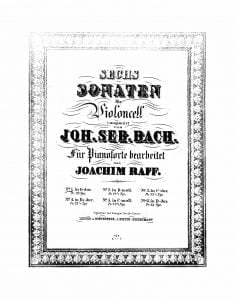
Browse in the Library:
| Artist or Composer / Score name | Cover | List of Contents |
|---|---|---|
| Astor Piazzola Oblivion Guitar Arr. By Nadja Kossinskaja |
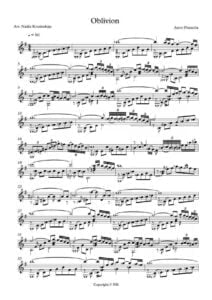 |
Piazzola Oblivion Guitar arr. by Nadja Kossinskaja page 1-1 |
| Astor Piazzolla 12 Tangos Piano |
 |
|
| Astor Piazzolla 6 Tangos |
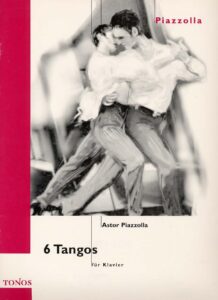 |
Astor Piazzolla 6 Tangos |
| Astor Piazzolla Angel (Complete) For Piano (Different Version) |
 |
Astor Piazzolla Angel (Complete) For Piano (Different Version) |
| Astor Piazzolla Ave Maria (Piano) |
 |
|
| Astor Piazzolla Balada Para Un Loco (Cacho Tirao) Guitar |
 |
|
| Astor Piazzolla Maria De Buenos Aires, Opera Tango (Partitura completa) |
 |
|
| Astor Piazzolla Milonga Del Angel (Piano Solo) Arranged By Prof. John Mortensen Slow Tango |
 |
|
| Astor Piazzolla Milonga Del Angel (Piano Solo) Original |
 |
|
| Astor Piazzolla sheet music Le Grand Tango Score For Viola And Piano |
 |
|
| Astor Piazzolla Vuelvo al sur (piano) |
 |
|
| Astor Piazzolla – 5 piezas para guitarra (guitar sheet music) | Astor Piazzolla – 5 piezas para guitarra (guitar sheet music) | |
| Astor Piazzolla – Picasso (Tango) Piano |
 |
|
| Astor Piazzolla 4 Estaciones Porteñas Guitar arr. |
 |
|
| Astor Piazzolla Nightclub 1960 Duo Flute Guitar |
 |
|
| Astor Piazzolla – Adios Nonino (Two Pianos) | Astor Piazzolla – Adios Nonino (Two Pianos) | |
| Astor Piazzolla – Adiós Nonino (guitar sheet music) |
 |
|
| Astor Piazzolla – Adios Nonino Piano Solo |
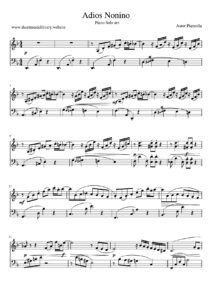 |
|
| Astor Piazzolla – Album No. 1 |
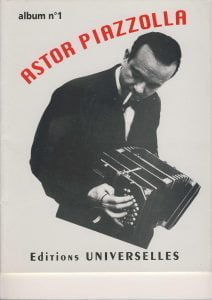 |
Astor Piazzolla album no 1 |
| Astor Piazzolla – Album No. 2 |
 |
Astor Piazzolla – Album No. 2 |
| Astor Piazzolla – Album No. 4 |
 |
Astor Piazzolla – Album No. 4 |
| Astor Piazzolla – Buenos Aires Hora Cero | Astor Piazzolla – Buenos Aires Hora Cero | |
| Astor Piazzolla – Chau Paris (piano) | Astor Piazzolla – Chau Paris (piano) | |
| Astor Piazzolla – Complete Works – Obras Para Piano Y Varios Instrumentos (partituras, sheet music) | Astor Piazzolla – Complete Works – Obras Para Piano Y Varios Instrumentos (partituras, sheet music) | |
| Astor Piazzolla – Contrastes (Piano) | Astor Piazzolla – Contrastes (Piano) | |
| Astor Piazzolla – Coral (Piano) | Astor Piazzolla – Coral (Piano) | |
| Astor Piazzolla – Estaciones Porteñas for piano – für Klavier |
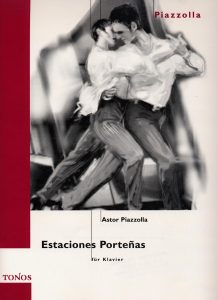 |
Astor Piazzolla – Estaciones Portenas fur Klavier |
| Astor Piazzolla – Fuga 9 (Piano) | Astor Piazzolla – Fuga 9 (Piano) | |
| Astor Piazzolla – Invierno Porteno (guitar sheet music) |
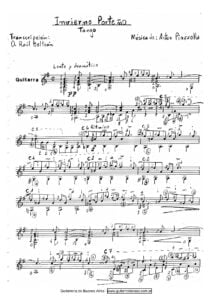 |
|
| Astor Piazzolla – Invierno porteño [clarinet-piano] |
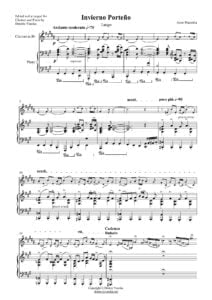 |
|
| Astor Piazzolla – La Muerte Del Angel (Guitar arr. sheet music) |
 |
|
| Astor Piazzolla – Libertango (Part A – Guitar Arr.) (Musescore File).mscz | ||
| Astor Piazzolla – Libertango for 2 pianos | Astor Piazzolla – Libertango 2KL | |
| Astor Piazzolla – Los pajaros perdidos (canción) piano vocal |
 |
|
| Astor Piazzolla – Milonga Del Angel (guitar arr. sheet music) |
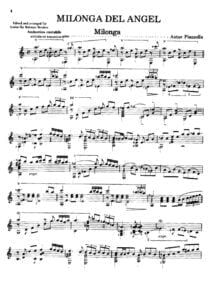 |
|
| Astor Piazzolla – Milonga del angel (Piano solo) |
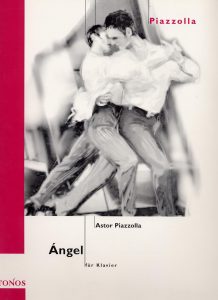 |
Astor Piazzolla – Milonga del angel |
| Astor Piazzolla – Oblivion (piano solo ver.) | Astor Piazzolla – Oblivion (piano solo sheet music) | |
| Astor Piazzolla – Oblivion (piano solo) |
 |
|
| Astor Piazzolla – Oblivion arr. by Najda Kssinskaja (Guitar arr. sheet music with TABs) | Astor Piazzolla – Oblivion arr. by Najda Kssinskaja (Guitar arr. sheet music with TABs) | |
| Astor Piazzolla – Oblivion Cello & piano | Piazzolla Oblivion cello piano arr. | |
| Astor Piazzolla – Oblivion for Piano solo sheet music (partitura) |
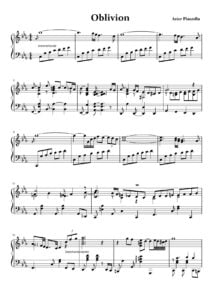 |
|
| Astor Piazzolla – Onda Nueve (Tango) Piano | Astor Piazzolla – Onda Nueve (Tango) Piano | |
| Astor Piazzolla – Otoño Porteño (guitar sheet music) | Astor Piazzolla – Otoño Porteño (guitar sheet music) | |
| Astor Piazzolla – Piano SongBook (Angel, Libertango, 6 Tangos, Estaciones Porteñas) |
 |
|
| Astor Piazzolla – Preludio 9 (Piano) | Astor Piazzolla – Preludio 9 (Piano) | |
| Astor Piazzolla – Río Sena (Tango) Piano | Astor Piazzolla – Río Sena (Tango) Piano | |
| Astor Piazzolla – Romanza del Duende (Piano) | Astor Piazzolla – Romanza del Duende (Piano) | |
| Astor Piazzolla – sheet music – Suite del Angel (Piano) |
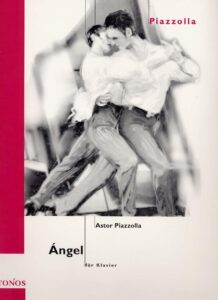 |
|
| Astor Piazzolla – Soledad (Solitude) Full score sheet music | Astor Piazzolla – Soledad (Solitude) Full score sheet music (first page) | |
| Astor Piazzolla – Suite Troileana 2 guitars (Bandoneon, Zita, Whisky, Escolaso) |
 |
|
| Astor Piazzolla – Suite Troileana 2 guitars arr. Sergio Assad (Bandoneon, Zita, Whisky, Escolaso) |
 |
|
| Astor Piazzolla – Suite Troileana arr for Piano (Bandoneon, Zita, Whisky, Escolaso) |
 |
|
| Astor Piazzolla – Tangos for 2 Pianos |
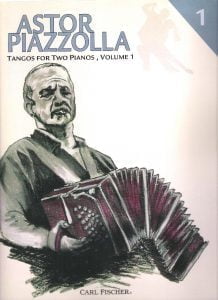 |
Astor Piazzolla – Tangos for 2 Pianos |
| Astor Piazzolla – Tangus Dei (Piano) |
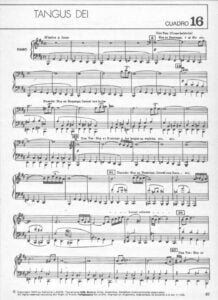 |
|
| Astor Piazzolla – The Last Tango Music Of Guitar arr. |
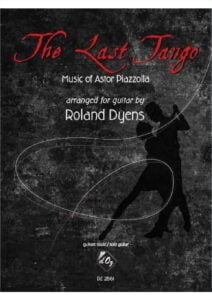 |
|
| Astor Piazzolla – Tristango (Piano) | Astor Piazzolla – Tristango (Piano) | |
| Astor Piazzolla – Vuelvo Al Sur (10 tangos and other pieces arr. piano) |
 |
Astor Piazzolla – Vuelvo Al Sur |
| Astor Piazzolla -Four, For Tango – Score |
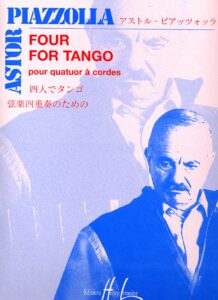 |
|
| Astor Piazzolla (Spanish Español Ed. 2018 El Ateneo 2020) (María Susana Azzi) Biography Book |
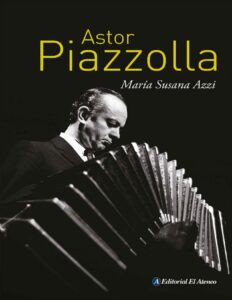 |
|
| Astor Piazzolla (Tango) Balada Para Un Loco – Guitar (letra Horacio Ferrer) |
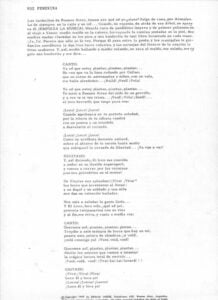 |
|
| Astor Piazzolla 100 Años Edicion Aniversario Sus mejores obras para piano |
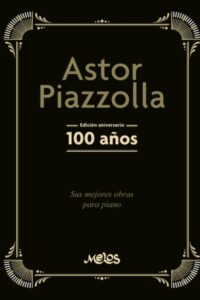 |
Astor Piazzolla 100 Años Edicion Aniversario Sus mejore obras para piano |
| Astor Piazzolla 25 Tangos for Clarinet and piano Clarinet Part in Bb |
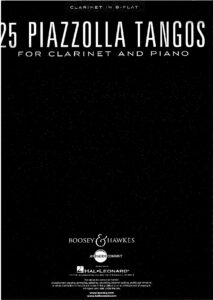 |
Astor Piazzolla 25 Tangos for Clarinet and piano Clarinet Part in Bb |
| Astor Piazzolla 28 tangos arranged For Piano |
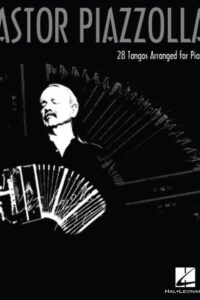 |
Astor Piazzolla 28 tangos arranged For Piano |
| Astor Piazzolla Album 20 compositions arr. for Piano |
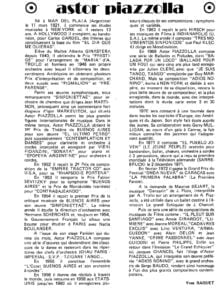 |
Piazzolla album |
| Astor Piazzolla Ave Maria (Piano and voice) |
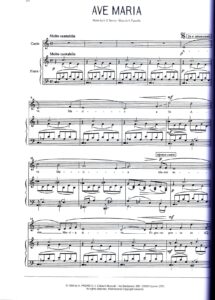 |
|
| Astor Piazzolla Cinco Piezas For Guitar |
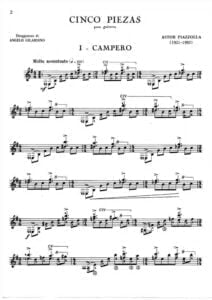 |
|
| Astor Piazzolla Color de Buenos Aires Suite letra Horacio Ferrer |
 |
|
| Astor Piazzolla Contrabajeando Double Bass And Piano Contrabajo Y Piano |
 |
|
| Astor Piazzolla Extasis Piano (Tango) |
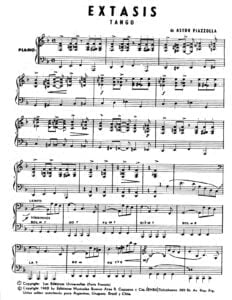 |
|
| Astor Piazzolla Flute or Violin Piano Collection |
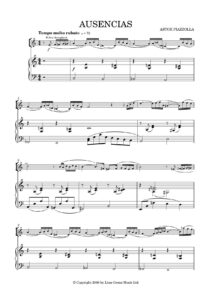 |
|
| Astor Piazzolla For Violin And Guitar (Astor Piazzolla) |
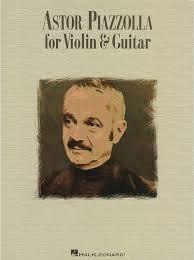 |
Astor Piazzolla For Violin And Guitar (Astor Piazzolla)_compressed |
| Astor Piazzolla Guitar compositions Collection (Guitarra) sheet music, partituras | Astor Piazzolla Guitar compositions (Guitarra) sheet music, partituras | |
| Astor Piazzolla Horacio Ferrer Chiquilin De Bachin Piano vocal |
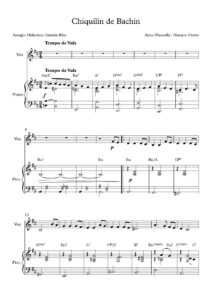 |
|
| Astor Piazzolla La Muerte Del Angel Trio Violin Cello Piano Score |
 |
|
| Astor Piazzolla Le Grand Tango – Two Pianos | Astor Piazzolla Le Gran Tango – Two Pianos | |
| Astor Piazzolla Libertango (Guitar Solo Arr.) With Tab |
 |
|
| Astor Piazzolla Milonga Del Àngel (For Chamber Orchestra) Tangos |
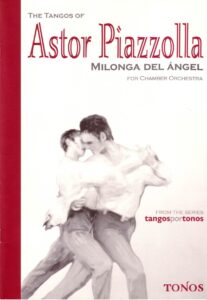 |
|
| Astor Piazzolla Oblivion (piano solo) |
 |
|
| Astor Piazzolla Oblivion arr. for 2 violins |
 |
|
| Astor Piazzolla Oblivion for Violin or Flute Cello Piano | Astor Piazzolla Oblivion for Violin or Flute Cello Piano | |
| Astor Piazzolla Oblivion Trans Solo Piano | Astor Piazzolla Oblivion Trans Solo Piano sheet music pdf | |
| Astor Piazzolla Oblivion Violin Guitar |
 |
|
| Astor Piazzolla Obras Completas Guitarra For Guitar |
 |
Astor Piazzolla Obras Completas For Guitar |
| Astor Piazzolla Piano Collection |
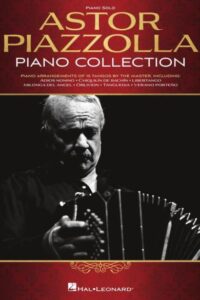 |
Astor Piazzolla Piano Collection |
| Astor Piazzolla Piano Meditango |
 |
|
| Astor Piazzolla Romance Del Diablo Flauta Violin and Piano |
 |
|
| Astor Piazzolla Sensuel Piano |
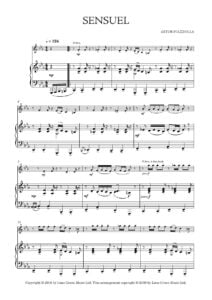 |
|
| Astor Piazzolla Tangazo for Orchestra Variaciones sobre Buenos Aires para orquestra |
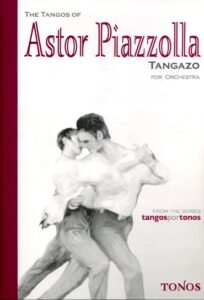 |
|
| Astor Piazzolla Tango Etudes (for flute or Violin) | Astor Piazzolla Tango Etudes (for flute or Violin) | |
| Astor Piazzolla Tango S V P For Violin Ensemble Solo | Astor Piazzolla Tango S V P For Violin Ensemble Solo | |
| Astor Piazzolla Tangos Arr Phillip Keveren The Phillip Keveren Series Piano Solo |
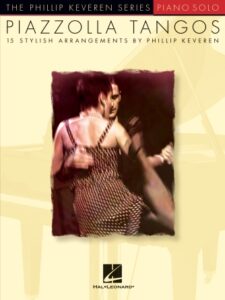 |
Astor Piazzolla Tangos Arr Phillip Keveren The Phillip Keveren Series Piano Solo |
| Astor Piazzolla Tanti Anni Prima Ave Maria For Piano solo |
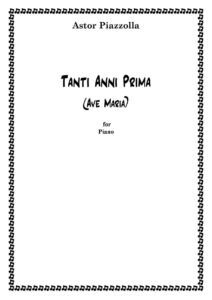 |
|
| Astor Piazzolla Tanti Anni Prima Ave Maria Violin and Piano |
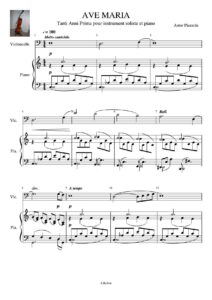 |
|
| Astor Piazzolla Vuelvo Al Sur Flute or Violin and Piano | Astor Piazzolla Vuelvo Al Sur Flute or Violin and Piano | |
| Astor Piazzolla y Anibal Troilo- Contrabajeando (Tango) Piano | Astor Piazzolla y Anibal Troilo- Contrabajeando (Tango) Piano | |
| Atlantic Starr – Always | ||
| Atomic Kitten – The Tide Is High | ||
| Atomic The Musical By Philip Foxman And Danny Ginges Piano Vocal Score |
 |
|
| Atonement – Dario Marianelli (For Piano) |
 |
Atonement – Dario Marianelli (For Piano) |
| Au Clair De La Lune – Traditional (Musescore File).mscz | ||
| Audioslave Out Of Exile Guitar TABs |
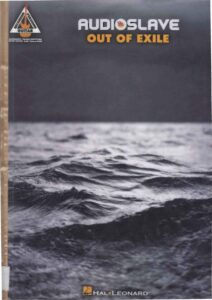 |
Audioslave Out Of Exile Guitar TABs |
| Audition (The Fools who Dream) La La Land OST | ||
| Audra Mcdonald Build A Bridge (Songbook) (Audra Mcdonald) Piano Vocal Guitar chords |
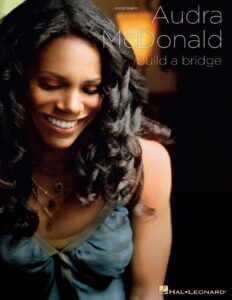 |
Audra Mcdonald Build A Bridge (Songbook) (Audra Mcdonald) Piano Vocal Guitar chords |
| Augustana – Boston | ||
| Aura Lee (intermediate great jazz arrangement) G. Poulton | Aura Lee Jazz | |
| Aura Lee By G. Poulton Jazz Arrangement.mxl | ||
| Aura Lee G. Poulton (Easy version ) | Aura Lee Easy version | |
| Aura Lee Jazz (Musescore File).mscz | ||
| AURORA Conqueror Piano Solo arr. |
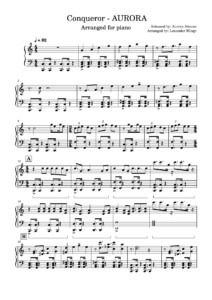 |
|
| AURORA Running With The Wolves |
 |
|
| Aurora – Cure For Me |
 |
|
| AURORA Forgotten Love Piano with lyrics |
 |
|
| AURORA Half The World Away Sheet Music Piano Vocal Guitar chords |
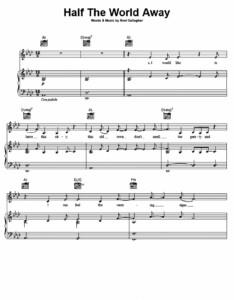 |
|
| AURORA Into The Unknown from Disney’s Frozen |
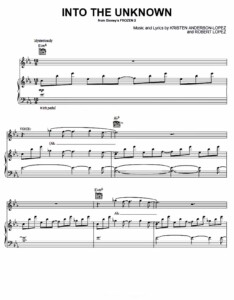 |
|
| AURORA It Happened Quiet Piano Solo arr. |
 |
|
| AURORA Runaway Piano Vocal guitar Chords |
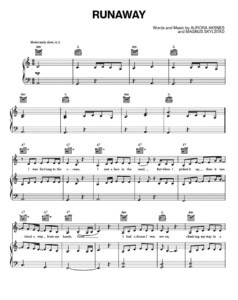 |
|
| AURORA Songbook Sheet Music Anthology Collection | AURORA Songbook Sheet Music Anthology Collection | |
| AURORA The River Aurora Piano Solo arr. |
 |
|
| Automatic Harmonic Analysis of Jazz Chord Progressions Using a Musical Categorial Grammar (Mark Wilding) | Automatic Harmonic | |
| Autour Du Jazz Guitar 4 pièces pour guitare (Thierry Tisserand) |
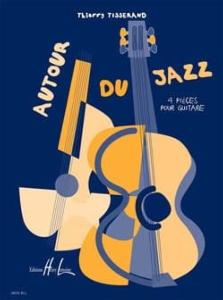 |
Autour Du Jazz Guitar 4 pièces pour guitare (Thierry Tisserand) Contents — autour du jazz |
